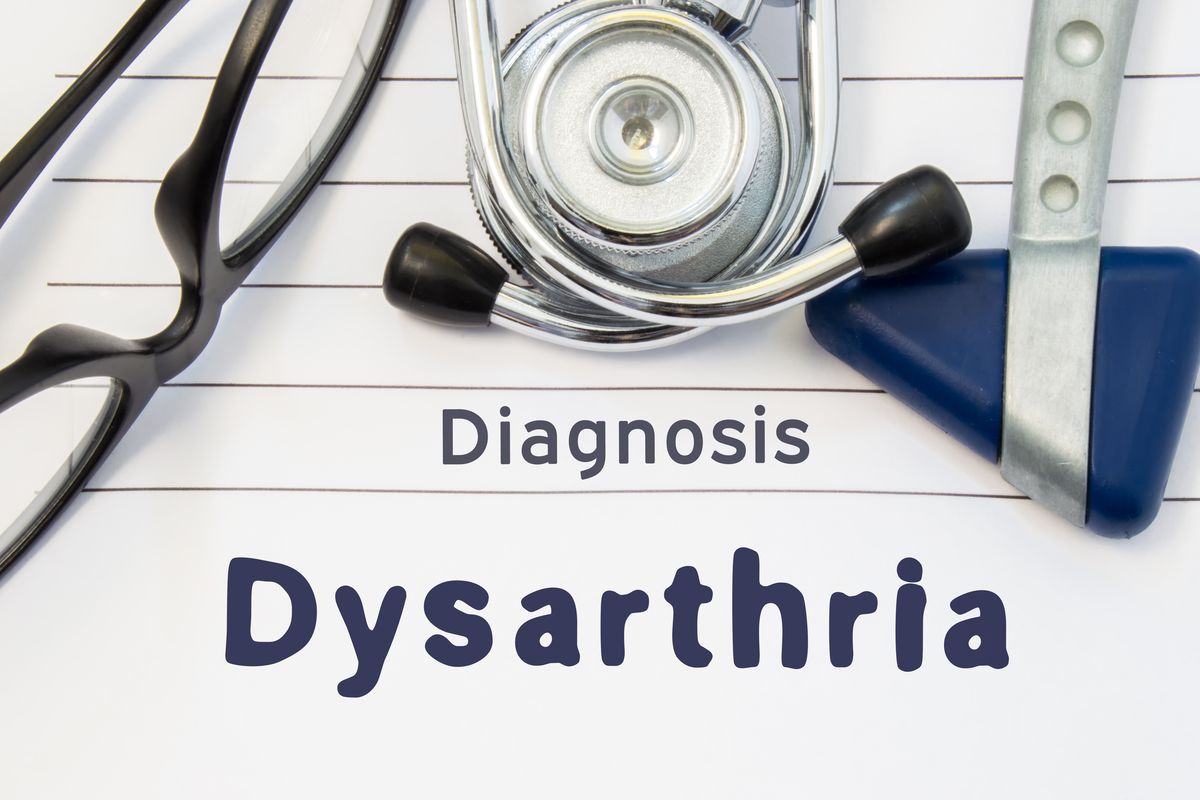Health
Dysarthria, causes and symptoms: not to be confused with aphasia

Dysarthria is a speech disorder that can greatly limit the patient's life: fortunately, rehabilitation is of great help.
Dysarthria can greatly undermine the patient's daily life, especially in terms of sociality. Fortunately, it is a speech disorder in which, based on the brain damage reported, speech therapy rehabilitation can make a difference. Let's see the causes, symptoms and treatment of the disease.
What is dysarthria: causes and symptoms
Speech disorder, dysarthria causes the loss of the ability to articulate words naturally. Caused by a lesion of the central or peripheral nervous system (cerebellum, basal ganglia, brain stem, neuromuscular junction and connection fibers between the cortex and the trunk), it is generally connected to certain pathologies : degenerative, inflammatory, toxic-metabolic, vascular , tumors, head injuries and strokes. Sometimes it can also be caused by taking certain medicines or drugs. Based on the area where the damage is located and the symptoms, dysarthria can be:
- spastic: difficulty using consonants, distorted use of vowels and particularly strained speech;
- flaccid: nasal voice, often blown and quite monotonous cadence;
- ataxic: difficulty using vowels and consonants;
- hyperkinetic and hypokinetic: motor excess and prosodic insufficiency;
- mixed: several of the difficulties listed above.
The symptoms of dysarthria, therefore, can be different based on the location of the brain lesion. In any case, the disturbances are clear: slowness of articulation, impaired clarity and intelligibility of the voice, irregular or abnormal rhythm, prosodic changes, monotonous speech, voice too high or low, slurred, nasal or hoarse voice, motor difficulties of the tongue or of the lips and frequent mistakes. Sometimes there may also be difficulties in swallowing and chewing.

Dysarthria: treatment and cure
Dysarthria can be diagnosed by a neurologist and speech therapist through a series of tests and examinations aimed at identifying the cause. Some forms of this disease tend to get worse over time, while others may remain stationary or improve with treatment. Speech therapy rehabilitation is fundamental and greatly improves the patient's sociability. Dysarthria is not to be confused with aphasia .
In fact, these two pathologies, although they may seem similar, have a substantial difference. Generally, the person with dysarthria does not lose reading and comprehension skills, but is unable to articulate sounds and speak. Those with aphasia , on the other hand, would be able to speak, but are unable to communicate.
Riproduzione riservata © - WT











